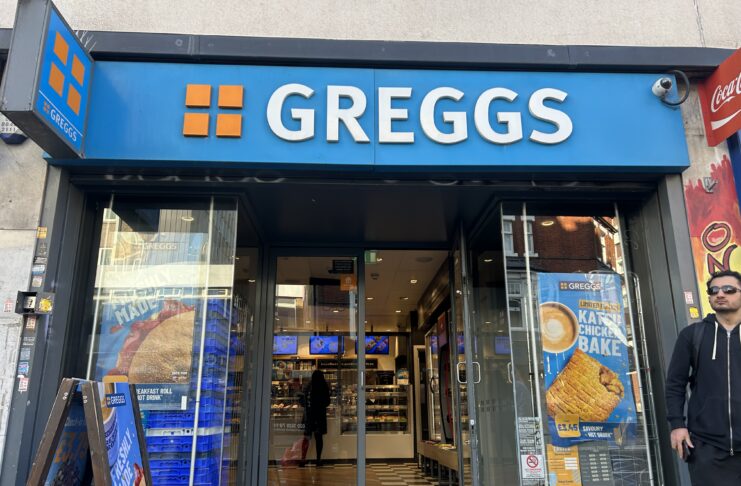An alarming rise in shoplifting incidents across the UK has sparked renewed concern about the safety and wellbeing of retail workers.
Recent investigations, including a nationwide probe by The Sun, reveal an epidemic of thefts affecting high street stores such as Greggs, with staff feeling increasingly powerless to prevent these brazen crimes.
In response, Policing Minister Dame Diana Johnson has pledged robust action to protect workers through the Crime and Policing Bill, which is currently at the Committee stage.
The Growing Shoplifting Epidemic
Shoplifting is at an all-time high in the UK, with new figures indicating that a staggering 55,000 incidents occur daily, costing retailers billions. In 2024, shoplifting cost businesses £2.2 billion, a significant increase from £1.8 billion the previous year.
The surge in offences is being driven by a perception that shoplifters face little consequence, with many offenders walking away without facing arrest or prosecution.
One of the most affected chains is Greggs, where surveillance footage by Sun reporters caught numerous thieves in action, brazenly walking out with food and drinks without fear of repercussion.
From Newcastle to Brighton, staff members have been left helpless in the face of rampant theft. Despite store policies and frequent public announcements against shoplifting, employees are often advised not to intervene, leaving them in increasingly dangerous positions.
The Impact on Retail Workers
The growing prevalence of shoplifting incidents has left many retail employees feeling unsafe and demoralised. In some cases, workers have been physically assaulted or verbally abused, while theft continues unabated. As one Greggs employee noted, “You get spat on and pushed around… it’s getting worse; it’s ridiculous.”
The problem is further compounded by the fact that many retailers, including Greggs, are reluctant to take drastic measures, fearing that confronting shoplifters could escalate into violent confrontations. But the lack of response has led to the view that theft is tolerated, which, in turn, emboldens offenders.
Government Response: The Crime and Policing Bill
In response to the rising concerns, Policing Minister Dame Diana Johnson has said that retail workers should never feel unsafe while at work. The government is seeking to address the problem through the Crime and Policing Bill, which will introduce a new offence for assaulting retail workers and close the loophole that allows shop thefts of goods under £200 to go unpunished.
One of the proposed legislation’s main provisions will remove the “effective immunity” for minor thefts, which has allowed many criminals to evade justice. It’s expected to give shopkeepers and workers greater confidence that crimes committed on their premises will be taken seriously.
The bill also proposes enhanced legal protections for retail workers, aiming to reduce the physical and psychological toll of abuse and theft. Retailers have welcomed the move as violence and abuse against their employees have been identified as major workplace wellbeing concerns. The new provisions seek to provide a safer and more supportive environment for those working on the frontlines of retail.
Industry Reaction
Retailers are also stepping up their efforts to combat the growing issue. Greggs, for example, has implemented advanced security measures, including AI facial recognition software and 24-hour access to shoplifting helplines.
The bakery chain has also introduced body cameras for staff and is working closely with the police to track down offenders. But the ongoing problem demonstrates a need for broader systemic change, say experts, particularly in how thefts are handled and prosecuted.
Graham Wynn, from industry group the British Retail Consortium, said shoplifting was not a victimless crime.
“It pushes up the cost for honest shoppers and damages the customer experience,” he said, pointing to the long-term impact that retail crime has on both businesses and consumers.


